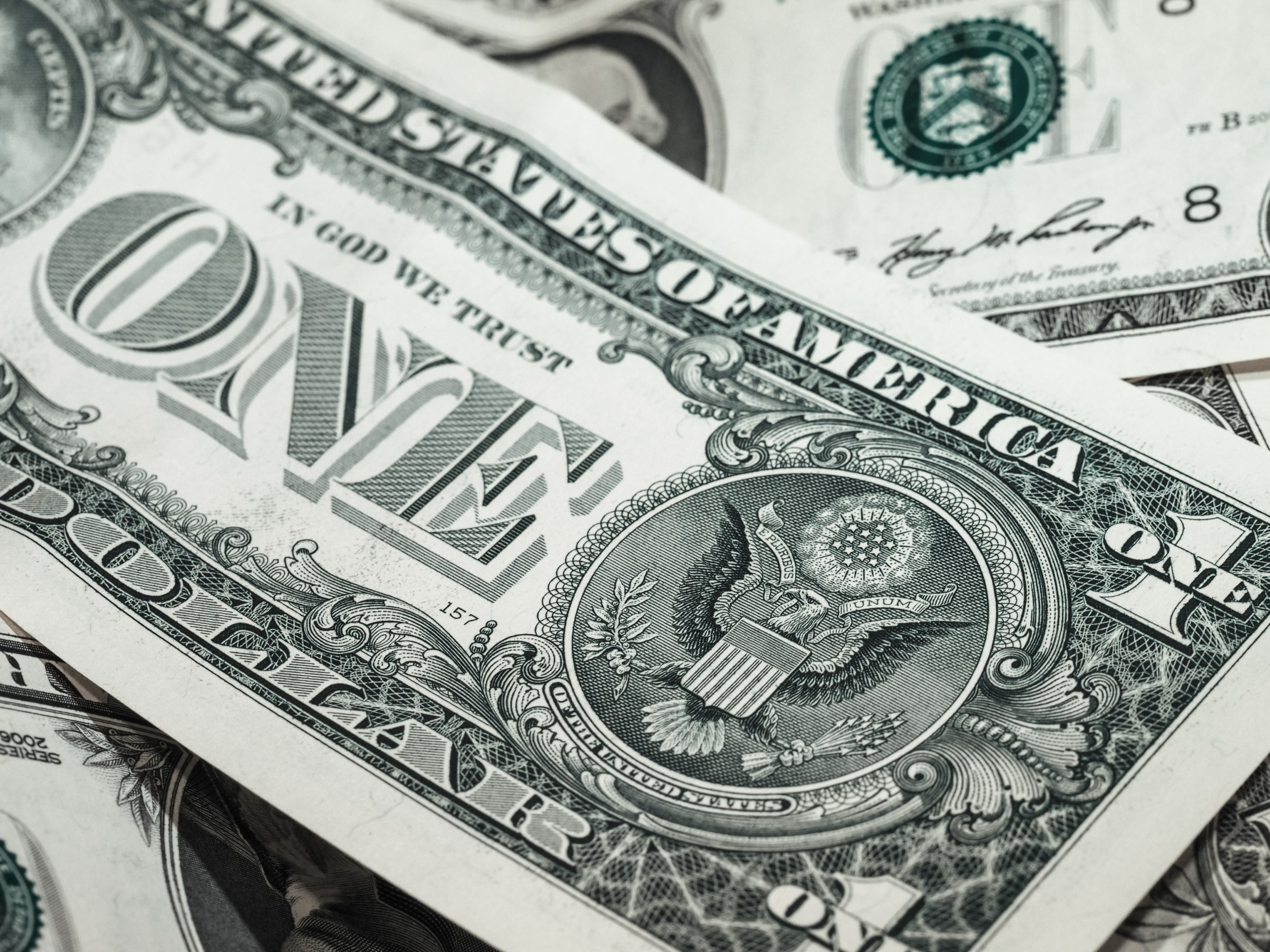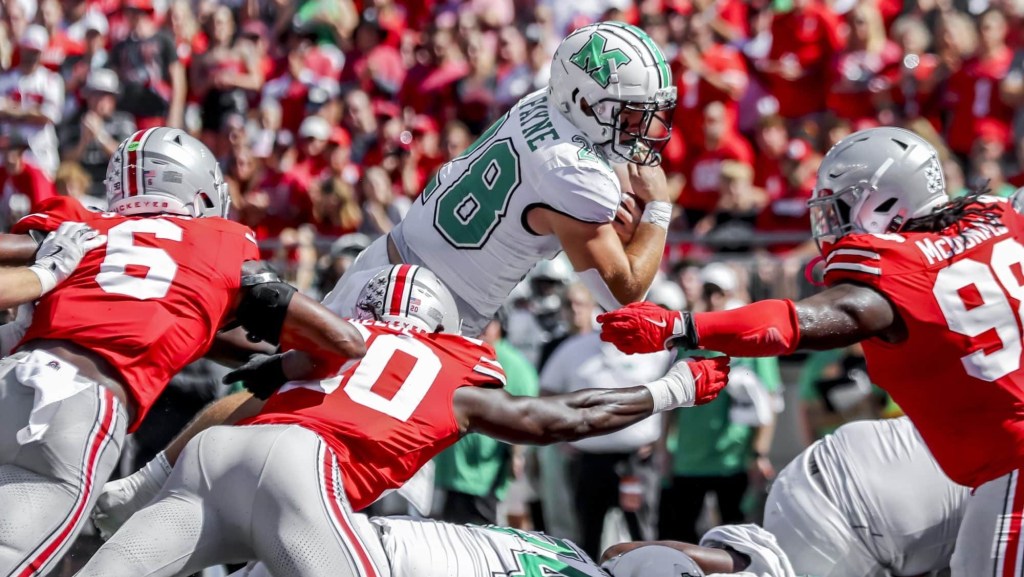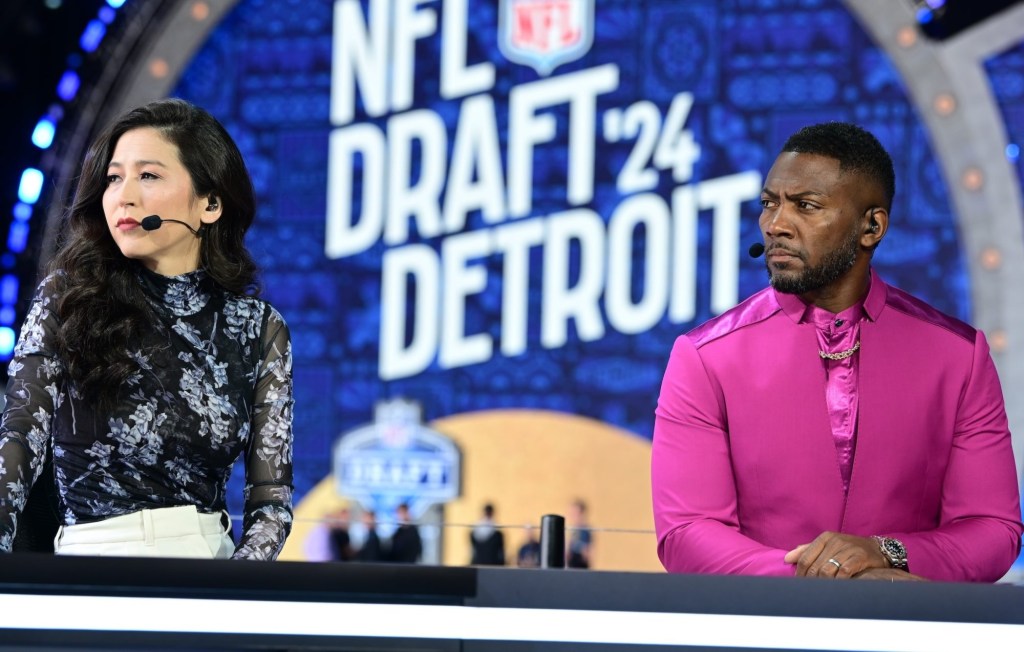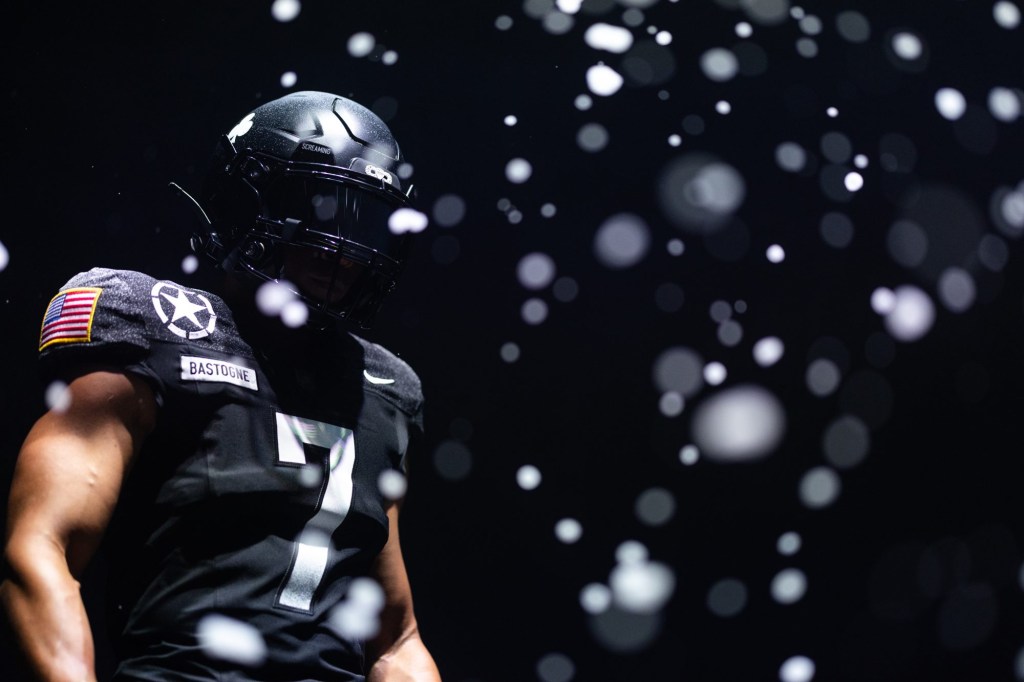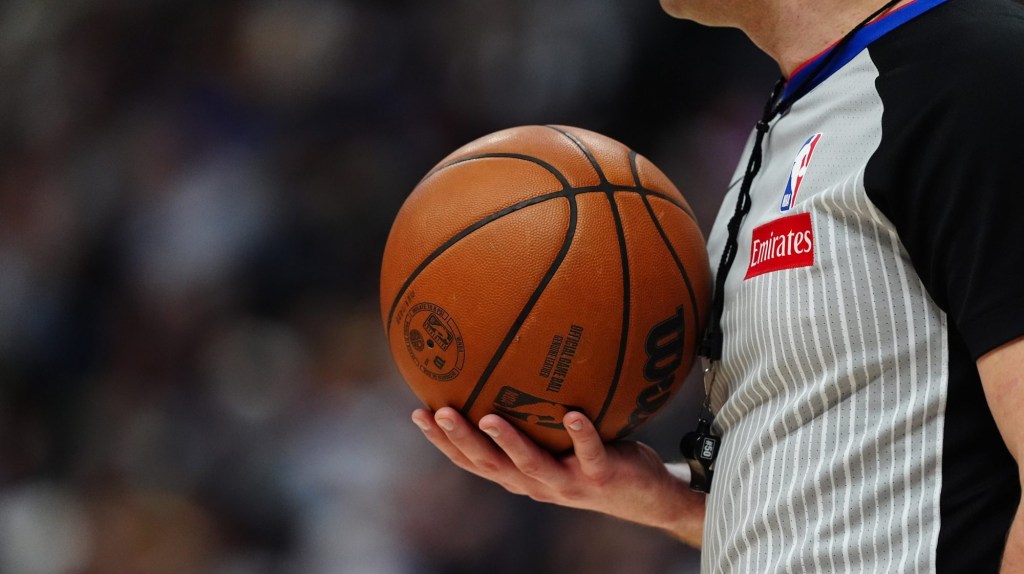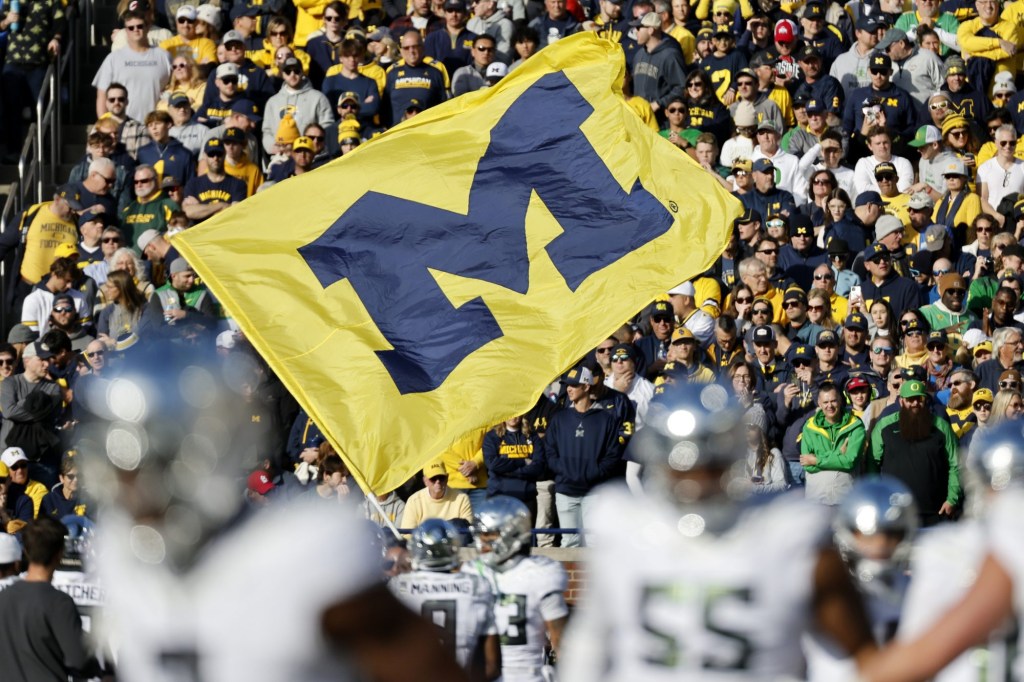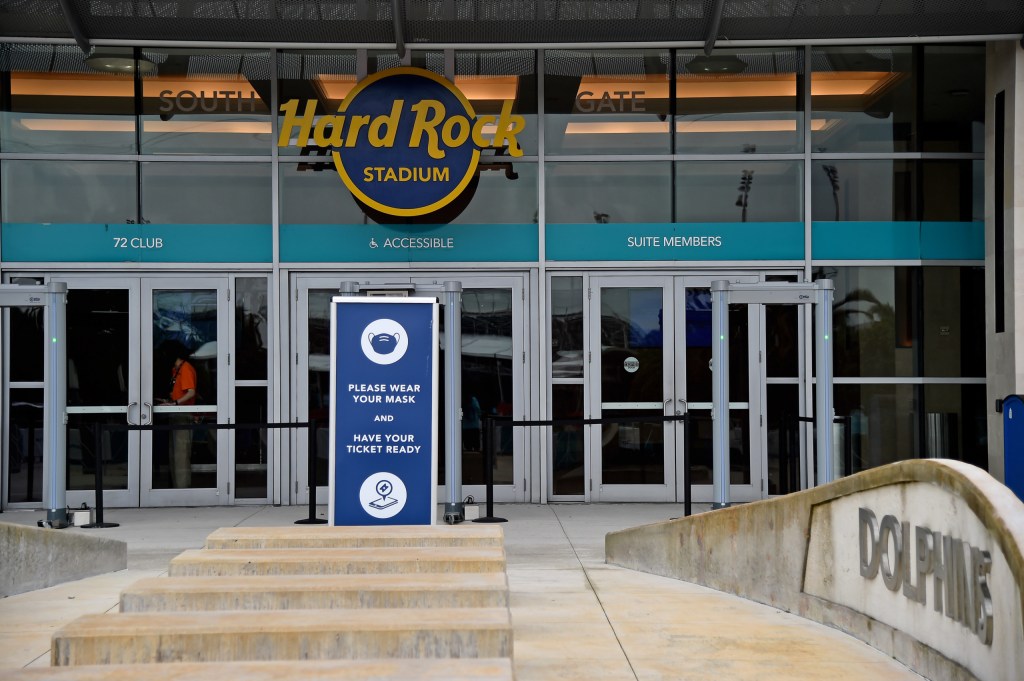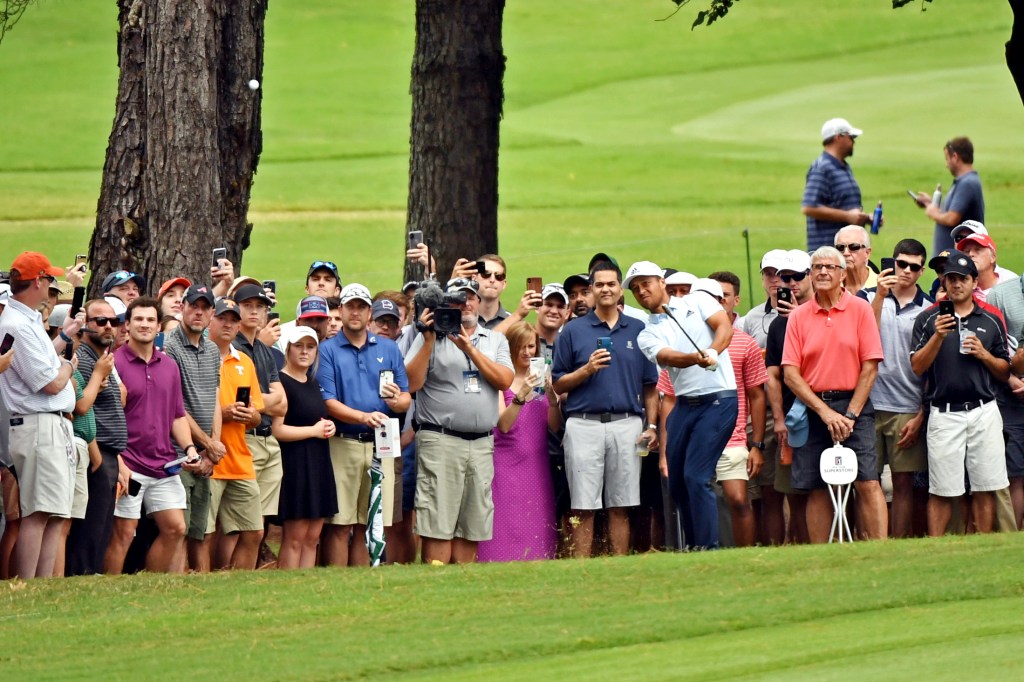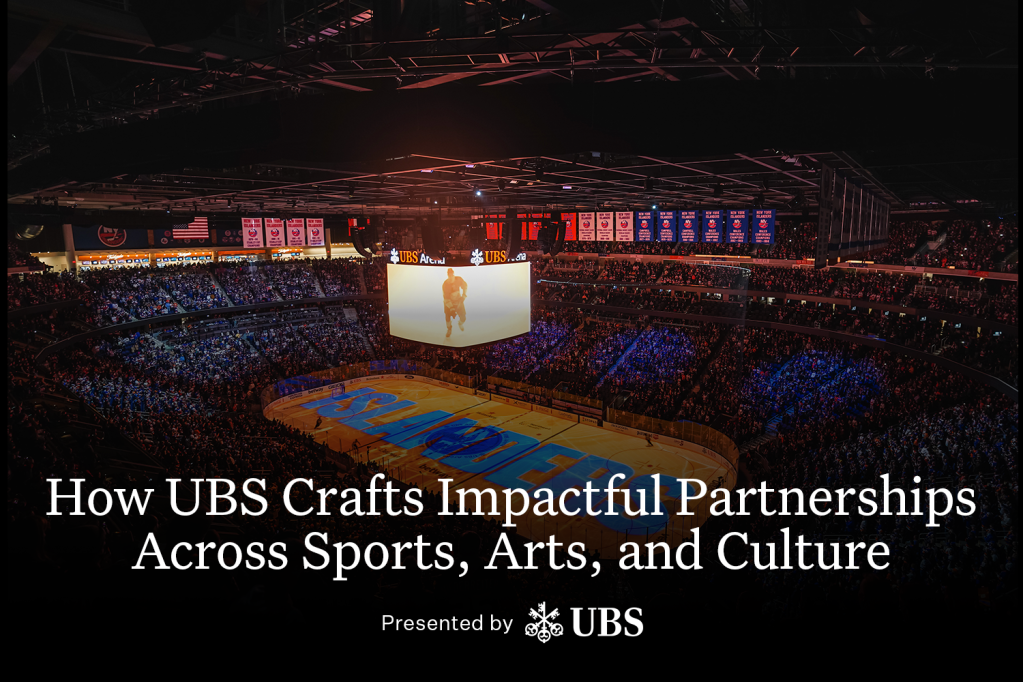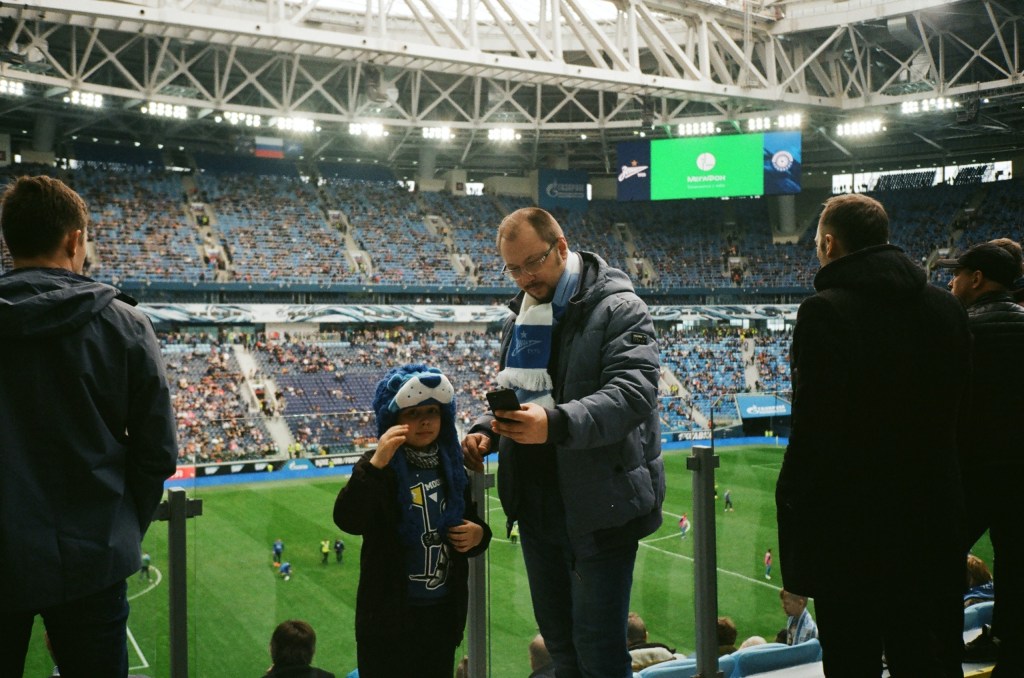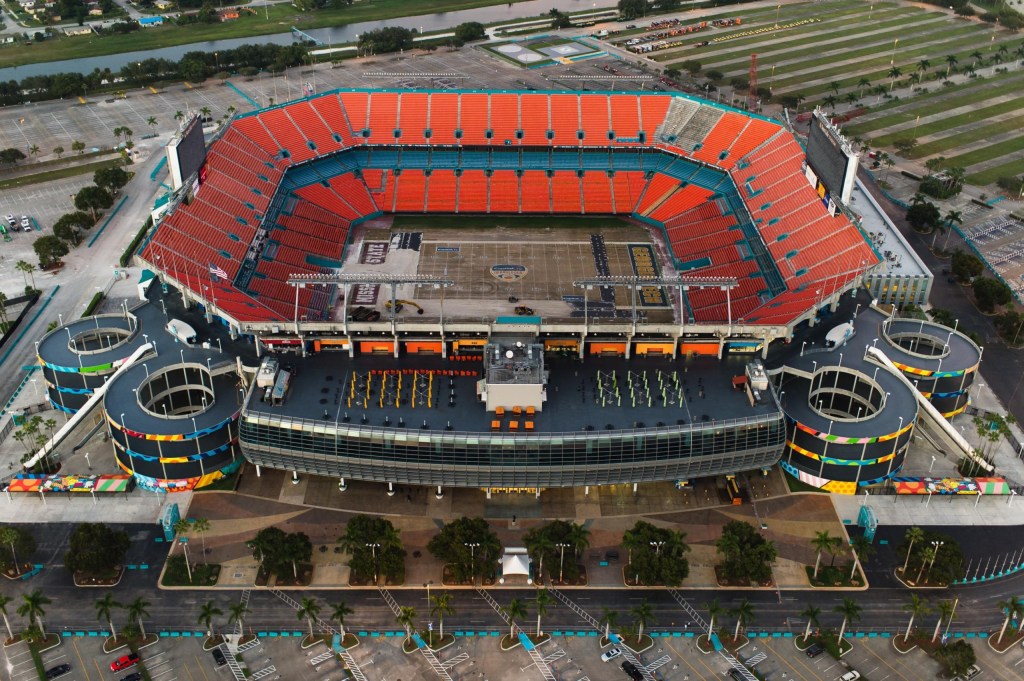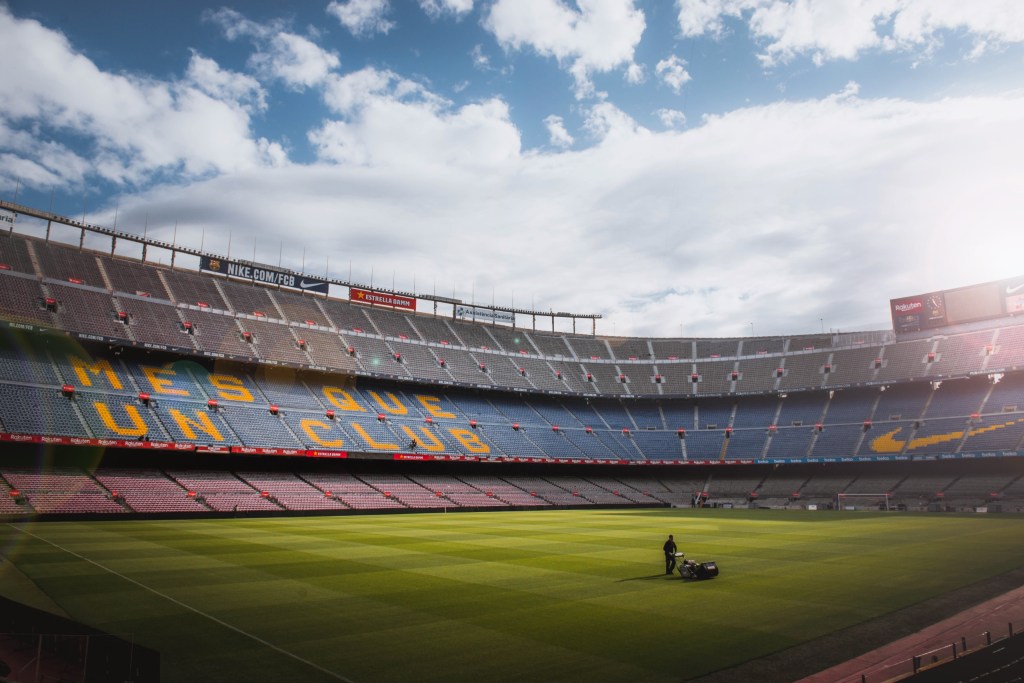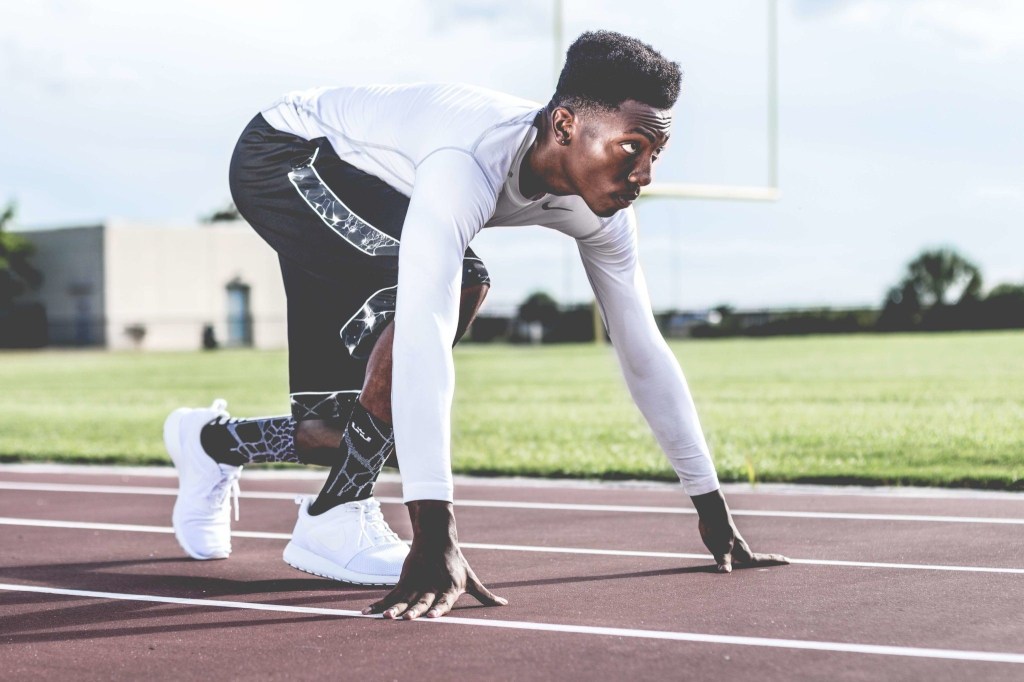The COVID-19 pandemic has permanently changed business operations within sports. Join us to learn how sports organizations and leaders are adapting their financial operations for a reset and for growth beyond Coronavirus.
This global panel discussion, including Scott Lexton of the Raine Group, Moon Javaid of the San Francisco 49ers, and Lara Price of the Philadelphia 76ers will speak about how their organizations, portfolios, and partners have adapted their cash flow, working capital, strategic planning, debt, and business models for the ‘new norm’.
Edited highlights appear below:
On areas of spending that have been most affected in sports (9:00)
Price: “There are three groups that have been extraordinarily hit by this, that would be the financial group, our legal group, and our HR team. Having to run different scenarios, base case changing every day (fans, no fans, small percentage capacity of fans), there’s a small group of us one the finance team that work on those projections and what that could look like. So different task force set up for different work flows, specifically on the financial stuff, it really is limited to the financial group and a subset of our managing partners and our CEO.”
On technology being essential to continuing operations during the pandemic (18:00)
Javaid: “Thinking through all of the Zoom calls that we have done, that’s just some of the basic technology. We hosted a conference. We host it every year. This year we switched to virtual. We used a tech platform to launch that conference and we were very happy with it. It flowed very seamlessly, from a virtual perspective. Even thinking about some of the ways that we engage our employees. The virtual calls that we were doing, the virtual all-hands meetings that we were doing, and even in a few weeks we are doing a virtual paint class…Having a team culture in a virtual capacity is very important and there are ways that we can achieve that.”
On shifting cash management strategies (30:00)
Javaid: “Here at the Niners, we switched to a monthly plan about 18 months ago. I think that’s just to even out your cash flow when you’re receiving your cash from your customers as opposed to getting a lump sum or two payments throughout a year…that has helped us out tremendously during this timeframe.”
On concept of bringing fans back (47:45)
Lexton: “I actually think that if you’re bringing fans back in some capacity, it’s probably a negative financial impact. It’s probably more about you want fans there for the product. I think people maybe don’t totally appreciate that there’s a certain amount of fans that you need within a stadium for it to make economic sense to happen there. It costs a lot of money to run a stadium if you’re going to have fans there…You have to have all the people there to service the fans, not to mention all of the now health-related costs you’re going to have related to COVID, the equipment that you’ll need to monitor temperatures, et cetera.”
